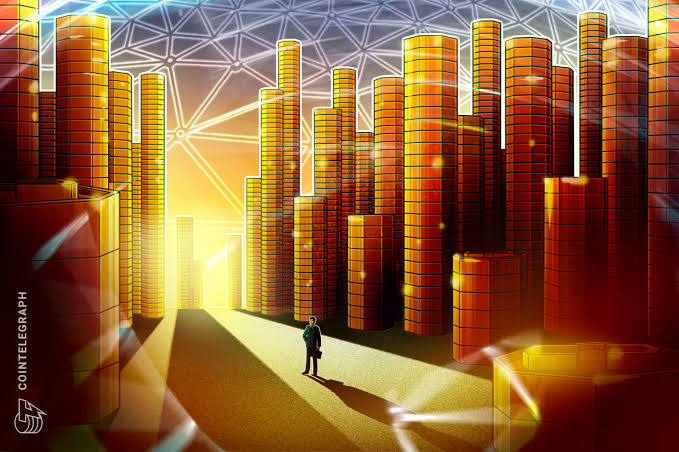BRC-20s show how incredibly flexible building on crypto and blockchain technology can be

Are these tokens valuable? Is PEPE the next big thing? Should people begin to take shitcoins more seriously? I sincerely believe none of these questions are worth answering because they are not as important as the clear fact that the nature of crypto and blockchain allows people to individually define "value" thus it does not matter if a million believe they are shit and just one person finds them unique and perhaps valuable.
If you look at Hive blockchain we have something similar. The proof of brain mechanism in this space really is something quite interesting, it has a touch of proof of work and a touch of proof of stake to it. Because first, work has to be done of which in this case the passing of textual content to the blockchain counts as "work" but the chain cannot decide on its own if the work down is valuable so instead of "deciding" it simply believes it is and adds it to a pending list for rewards.
The list is passed on to token holders, the individual now has to solve the sometimes complex puzzle that determines what valuable content on the chain is and then again, pass across a monetary value to it which is essentially the incentive for work done for the network. If I recall clearly, I've once stumbled on a user calling textual contents out to be an important work that deserves rewards simply because they contribute to the health of the chain at the very basic form, so yes, to the network it is "work" but the system allows humans to evaluate just how much it deserves from the rewards pool but here's where proof of stake comes in and sweeps off everything.
It is not entirely a great design, because proof of stake is essentially centralization, and this model supports that at the base layer even though the majority won't agree. The chain may be decentralized because "governance influence" is on "paper" achieved through "honest work" but the model of rewards distribution is centralized and that has its good and bad side.
Am I proposing we change this? Not really, that would take at least 100 years to happen and would have its own flaws, maybe even more.
But the thing is, flexibility is what crypto and blockchain technology is all about, I mean, who would have thought we'd have the Bitcoin blockchain leveraged for tokenization of shits like memes? So yeah, that's how flexible this tech is. So with layer 2 frameworks growing rapidly, we're having blockchains prove to be better business building environments as though the layer 1s can serve as finality layers where value consensus are ultimately decided but layer 2s are in position to bring a wide range of customization which essentially means better structural spaces for economic development.
Bitcoin maximalists may currently be mad that this is happening but that's the cost of being decentralized, and open-source, you allow just about anyone to create products and services over your network that could potential drive more value to your ecosystem but directly no harm because in the case of bitcoin, asides the spike in transaction fees, bitcoin is perfectly fine. We should expect more of this sudden deployment of products and services as we go forward, there are no limits to what can be built on a network of which its entire software is open source and its governing ecosystem decentralized.
It is the second article that discusses the huge spike in Bitcoin fees. Ordinals that bring NFTs to Bitcoin are responsible. It sucks, for example, to pay $35 to transfer value as an example.
Agree that Proof-of-Stake is a centralizing mechanism that will result in a centralized application hosted on AWS or Azure. Even if the Bitcoin mempool is overloaded, it needs to stay focused on decentralizing because that is the main value add of Bitcoin. All other stuff must be done on a layer on top of the Bitcoin blockchain.